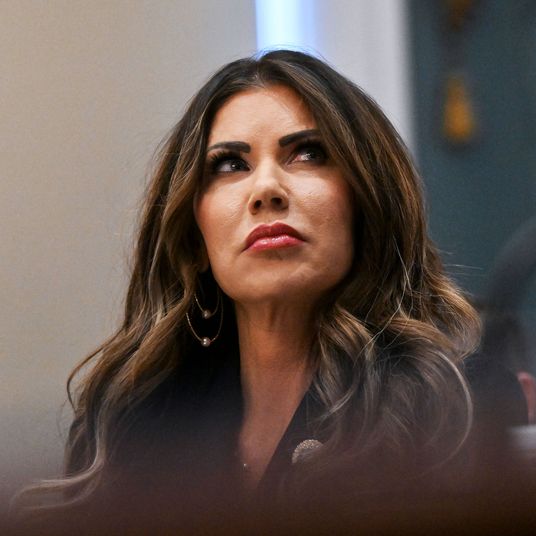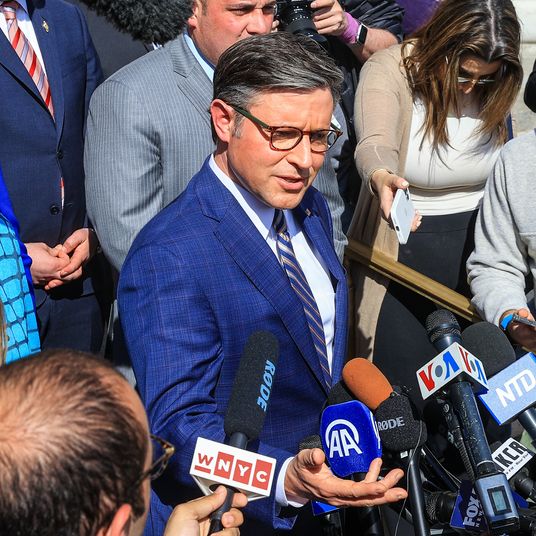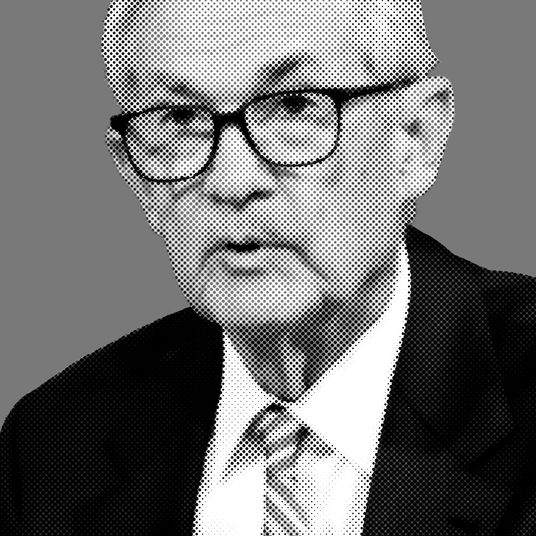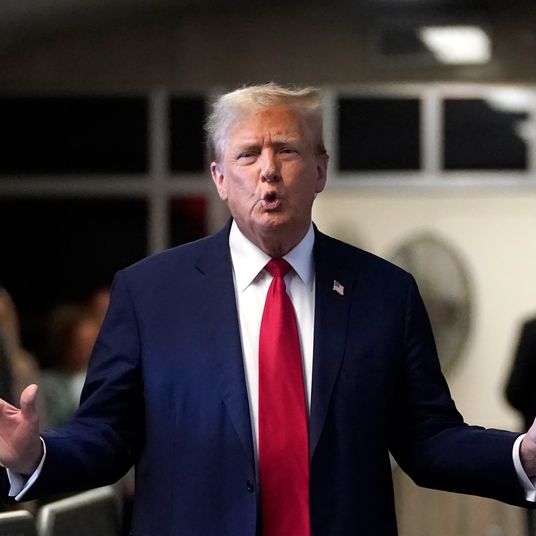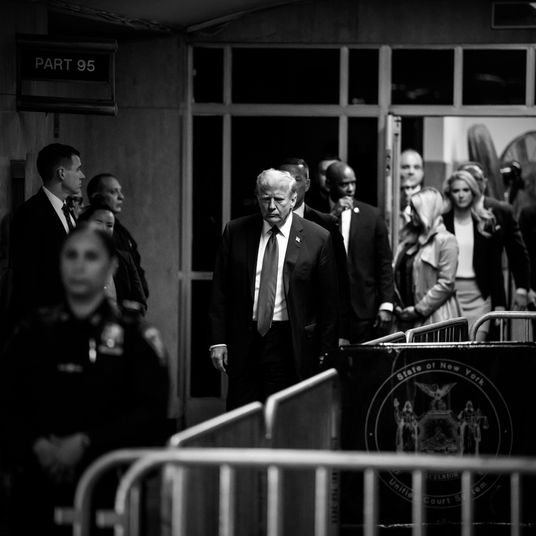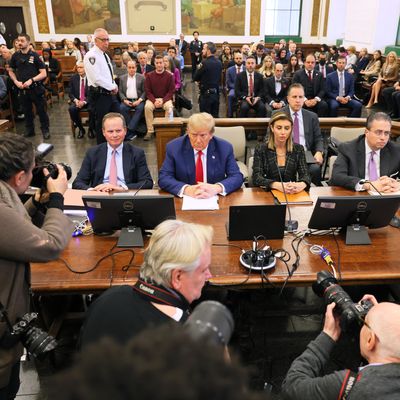
In a court filing on Monday, Donald Trump’s attorneys admitted that he has not been able to find anyone to give him a bond worth the $464 million that he was ordered to pay after losing New York’s civil fraud case against him. He needs that bond to stop the attorney general from seizing his assets as he appeals the massive judgment against him.
Trump’s “ongoing diligent efforts have proven that a bond in the judgment’s full amount is ‘a practical impossibility,’” his attorneys wrote in a nearly 5,000-page filing. He has not been able to find any financial institution, even after an appellate judge made it easier for him to go to banks in the state to seek out the enormous sum. According to his legal team, their “diligent efforts have included approaching about 30 surety companies through four separate brokers.” According to CNN, people close to him are saying that he is stressing out about the optics about not being able to come up with the money.
So far, the bondsmen have been tough negotiators. Trump’s lawyers say that insurance companies and other institutions have refused to “accept hard assets such as real estate as collateral” and will “only accept cash or cash equivalents (such as marketable securities).” This isn’t great news for Trump, who is known to be asset rich and relatively cash poor, as far as billionaires go. Trump’s attorneys also said he would need to hand over 120 percent of the penalty, a total of around $557 million.
Trump went on Truth Social on Tuesday to rage against the financial hit he is about to take. “Any business thinking about moving into New York State is CRAZY!’ he wrote. “The level of anger and hostility toward businesses and business people is incredible.” Trump called James “Peekaboo” and “Racist and Politically Corrupt” and complained of the prospect of losing his buildings. “I would be forced to mortgage or sell Great Assets, perhaps at Fire Sale prices, and if and when I win the Appeal, they would be gone,” he wrote.
In their own filing on Wednesday, the New York attorney general’s office was not sympathetic to Trump’s argument. Prosecutors wrote that he should try securing many smaller bonds to cover the $464 million and that “there is nothing unusual about even billion-dollar judgments being fully bonded on appeal.”
So what happens next? As legal bills mount and the presidential campaign picks up, Trump’s attorneys are asking the panel of appeals-court judges for a discretionary stay, which would block Attorney General Letitia James’s office from seizing his assets during the appeal process. It is possible that James could extend the bond deadline. It is also a possible that Trump could just ignore the bond deadline. The New York Post reports that Trump has considered playing a game of brinksmanship, allowing the AG to seize his assets, then complain about his treatment in public and try to win his properties back on appeal. In an interview with The Hill, University of Michigan business law professor Will Thomas said that if James were to seize Trump’s properties, the title would be taken, but they would operate as normal until the end of the appeal process. With the state registering the judgement in Westchester County, it looks like the first properties to be taken would be Trump National Golf Club Westchester and his 212-acre estate Seven Springs.
Whatever the strategy, if Trump’s lawyers are unsuccessful and he does not post bond by next Monday, James could begin the process of seizing his assets. “We are prepared to make sure that the judgment is paid to New Yorkers,” she said in February, after a judge ruled that the Trump Organization had committed business fraud for years. “I look at 40 Wall Street each and every day,” James said in February. She was referring to the Trump building less than two blocks from her office in the Financial District.
This post has been updated.









